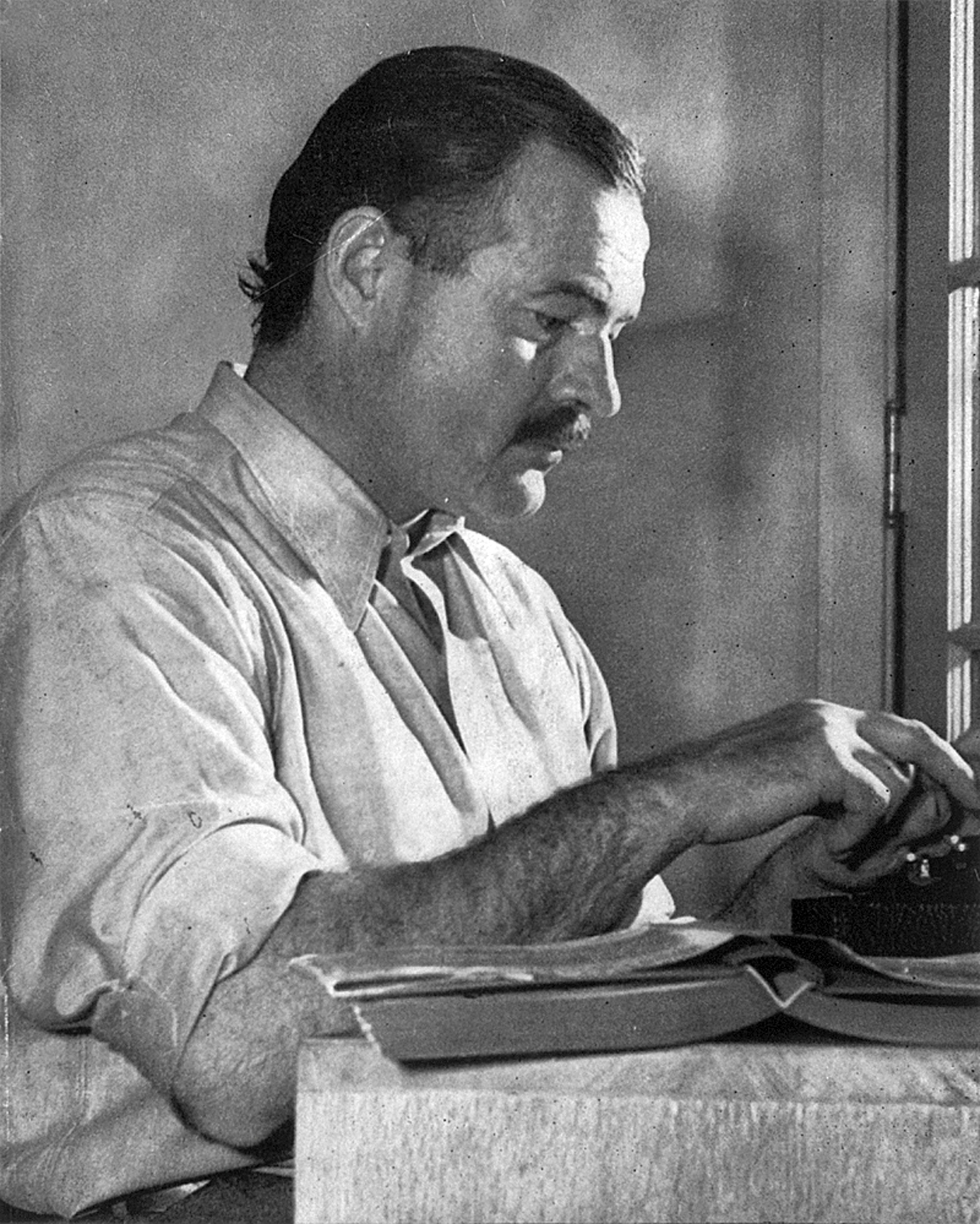Disputed
Source: Claimed to be from Men Without Women, but it does not appear in that work. May have originated in a 2011 blogpost by Marc Chernoff entitled 30 things to stop doing to yourself http://www.marcandangel.com/2011/12/11/30-things-to-stop-doing-to-yourself/.
Works

A Farewell to Arms
Ernest Hemingway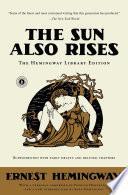
The Sun Also Rises
Ernest HemingwayA Moveable Feast
Ernest Hemingway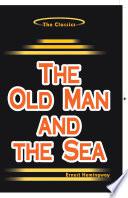
The Old Man and the Sea
Ernest Hemingway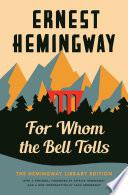
For Whom the Bell Tolls
Ernest Hemingway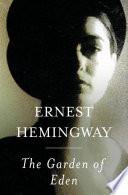
The Garden of Eden
Ernest Hemingway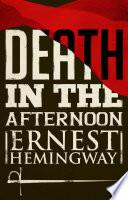
Death in the Afternoon
Ernest Hemingway
Islands in the Stream
Ernest Hemingway
Green Hills of Africa
Ernest Hemingway
True at First Light
Ernest Hemingway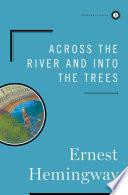
Across the River and into the Trees
Ernest Hemingway
To Have and Have Not
Ernest Hemingway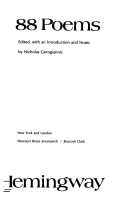
88 Poems
Ernest Hemingway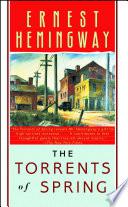
The Torrents of Spring
Ernest Hemingway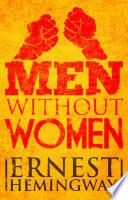
Men Without Women
Ernest HemingwayThe Short Happy Life of Francis Macomber
Ernest HemingwayChe Ti Dice La Patria?
Ernest HemingwayFathers and Sons
Ernest HemingwayFamous Ernest Hemingway Quotes
“Happiness in intelligent people is the rarest thing I know.”
Marita in Ch. 11
Source: The Garden of Eden (1986)
Ernest Hemingway Quotes about love
“I love sleep. My life has the tendency to fall apart when I'm awake, you know?”
No source in Hemingway's works has been found. May have originated in a 2000 post to the Usenet group alt.support.depression. link https://groups.google.com/forum/#!original/alt.support.depression/wYH4aCNHyp4/_d50yuXTeHsJ
Disputed
“When you love you wish to do things for. You wish to sacrifice for. You wish to serve.”
Source: A Farewell to Arms
Ernest Hemingway: Trending quotes

“Never think that war, no matter how necessary, nor how justified, is not a crime.”
Introduction to Treasury of the Free World (1946)
Source: Ernest Hemingway: A Literary Reference
Context: An aggressive war is the great crime against everything good in the world. A defensive war, which must necessarily turn to aggressive at the earliest moment, is the necessary great counter-crime. But never think that war, no matter how necessary, nor how justified, is not a crime. Ask the infantry and ask the dead.
Ernest Hemingway Quotes
“I can't stand it to think my life is going so fast and I'm not really living it.”
Source: The Sun Also Rises
Source: Death in the Afternoon (1932), Ch. 16
“Never confuse movement with action.”
As quoted by Marlene Dietrich, who added "In those five words he gave me a whole philosophy." Pt. 1, Ch. 1
Papa Hemingway (1966)
Variant: Never mistake motion for action.
“You are so brave and quiet I forget you are suffering.”
Variant: you are so brave & quiet i forget you are suffering.
“There is nothing to writing. All you do is sit down at a typewriter and bleed.”
Variant: There's nothing to writing. All you do is sit down at a typewriter and open a vein.
“Always do sober what you said you'd do drunk. That will teach you to keep your mouth shut!”
From a set of "rules for life" sent to publisher Charles Scribner IV; quoted in Scribner's memoir In the Company of Writers (New York: Scribner, 1991), p. 64 https://books.google.com/books?id=yYdHGtlgIsYC&pg=PA64&dq=hemingway+%22rules+for+life%22&hl=en&sa=X&ved=0ahUKEwj-zvyfgNDMAhUJ_mMKHU6zDrYQ6AEIIzAB#v=onepage&q=%20%22rules%20for%20life%22&f=false
“All you have to do is write one true sentence. Write the truest sentence you know.”
Source: A Moveable Feast (1964), Ch. 2
Context: I would stand and look out over the roofs of Paris and think, "Do not worry. You have always written before and you will write now. All you have to do is write one true sentence. Write the truest sentence you know."
Source: The Old Man and the Sea (1952)
“All thinking men are atheists.”
Source: A Farewell to Arms (1929), Ch. 2
Source: A Moveable Feast (1964), Ch. 8: 'Hunger Was Good Discipline'
Context: You got very hungry when you did not eat enough in Paris because all the bakery shops had such good things in windows and people ate outside at tables on the sidewalk so that you saw and smelled the food. When you were skipping meals at a time when you had given up journalism and were writing nothing that anyone in America would buy, explaining at home that you were lunching out with someone, the best place to do it was the Luxembourg gardens... There you could always go into the Luxembourg museum and all the paintings were heightened and clearer and more beautiful if you were belly-empty, hollow-hungry. I learned to understand Cézanne much better and to see truly how he made landscapes when I was hungry.
“Why do old men wake so early? Is it to have one longer day?”
Source: The Old Man and the Sea
“Why, darling, I don't live at all when I'm not with you.”
Source: A Farewell to Arms
“We are all broken—that’s how the light gets in.”
This quotation was not crafted by Ernest Hemingway. Its exact genesis is uncertain, but QI hypothesizes that the 1929 statement by Hemingway and the 1992 lyric by Leonard Cohen both strongly influenced the evolution of the expression and its ascription. https://quoteinvestigator.com/2016/11/16/light/
“Never fall in love?"
"Always," said the count. "I am always in love.”
Source: The Sun Also Rises
For Whom the Bell Tolls (1940)
Robert Cohn to Jake Barnes, in Book 1, Ch. 2
The Sun Also Rises (1926)
Letter (15 May 1925); published in Ernest Hemingway: Selected Letters 1917–1961 (1981) edited by Carlos Baker
Source: Death in the Afternoon (1932), Ch. 11
Part IV, Ch. 1
Green Hills of Africa (1935)
Source: True at First Light (1999), Ch. 10
“But life is a cheap thing beside a man's work. The only thing is that you need it.”
Pt. 3: At Sea, Section 21
Islands in the Stream (1970)
Colonel Richard Cantwell and Renata in Ch. 38
Across the River and into the Trees (1950)
Source: A Farewell to Arms (1929), Ch. 34
“But man is not made for defeat... a man can be destroyed but not defeated.”
Variant: A man can be destroyed but not defeated.
Source: The Old Man and the Sea (1952)
“The world breaks every one and afterward many are strong at the broken places.”
Source: A Farewell to Arms
“And you'll always love me won't you?
Yes
And the rain won't make any difference?
No”
Source: A Farewell to Arms
Source: Death in the Afternoon (1932), Ch. 1
“Life isn't hard to manage when you've nothing to lose.”
Source: A Farewell to Arms (1929), Ch. 21
